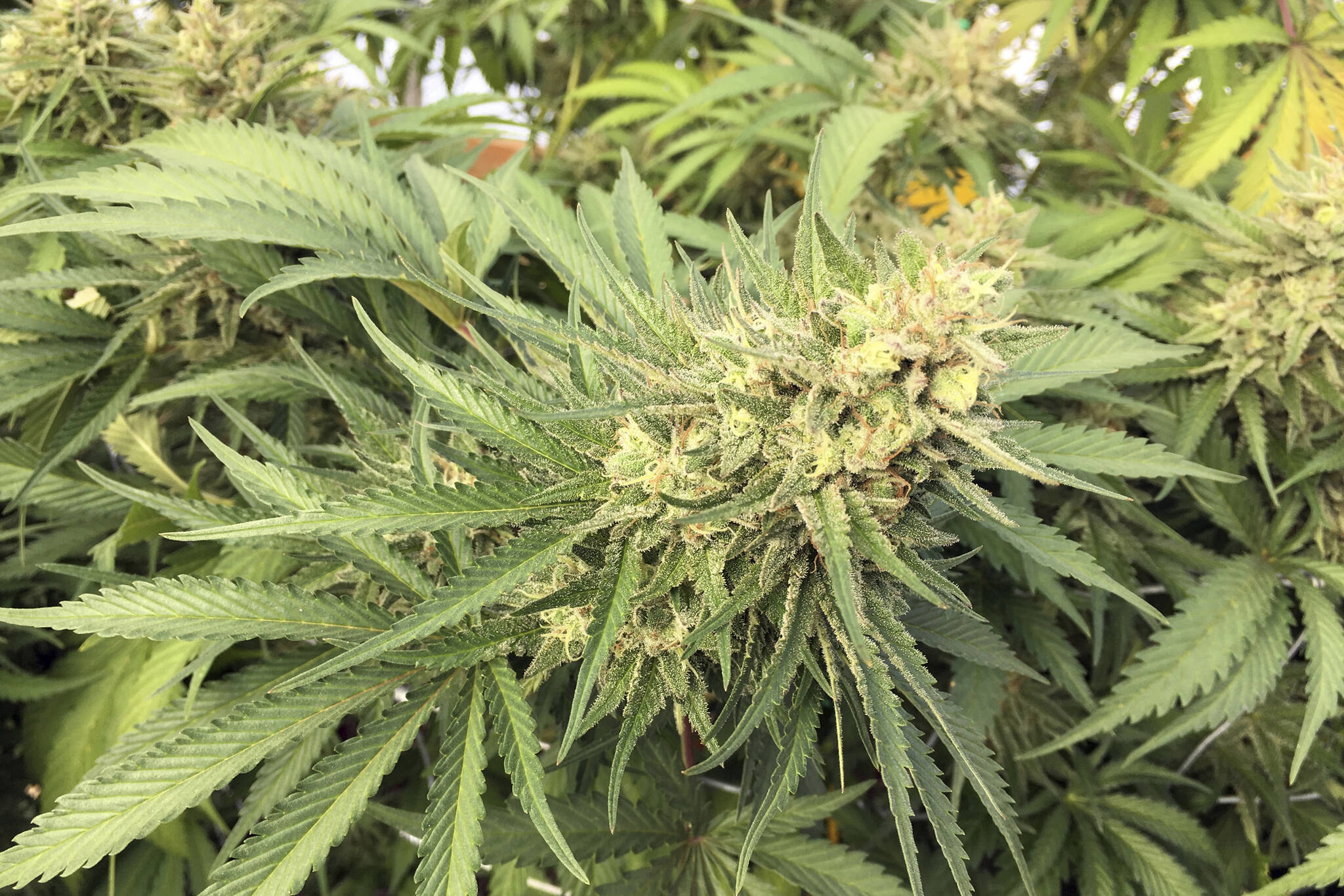Rep. Don Young, R-Alaska, helped introduce a bill this week that would end federal prohibitions on cannabis and allow states more freedom in their own marijuana laws.
“For too long, the federal government has stood in the way of states that have acted to set their own cannabis policies. It is long past time to update our cannabis laws for the 21st Century,” Young said Tuesday in a news release.
Young, co-chair of the Congressional Cannabis Caucus, introduced the bill alongside several other Republican members of the House of Representatives: Republican Reps. Nancy Mace, South Carolina; Tom McClintock, California; Peter Meijer, Michigan; and Brian Mast, Florida.
Young criticized the federal government for interfering in state’s ability to set their own cannabis policies and said the bill would remove cannabis from the list of Schedule 1 drugs under the Controlled Substances Act.
“Too many individuals with otherwise clean records have been incarcerated for non-violent cannabis use,” Young said. “This bill includes crucial provisions allowing for the expungement of federal marijuana convictions of non-violent offenders.”
According to the Congressional record, the text of the bill — House Resolution 5977 — hasn’t been submitted yet.
Without knowing exactly what the bill does, president of the Alaska Marijuana Industry Association Lacy Wilcox said she couldn’t comment on the bill itself, but said she was grateful the discussion was starting.
[Gaps in ferry service remains as new board takes shape]
Wilcox said she and other Alaska cannabis businesses are hesitant of the federal government becoming their regulator, and would rather see regulation happen at the state level. Wilcox was in favor of decriminalization and expungement of criminal records, but she said federal legalization could potentially jeopardize Alaska’s cannabis growers.
“Alaska has the highest cost to produce in the nation,” Wilcox told the Empire on Monday in a phone interview. “I’d hate to see the cannabis industry in Alaska be just a bunch of retail shops like Starbucks.”
Wilcox said any federal legalization of cannabis should happen with stakeholders at the table. Another bill aimed at federal cannabis legalization from Democratic Sens. Corey Booker, New Jersey; Ron Wyden, Oregon; and Chuck Schumer, New York; introduced over the summer in Wilcox’s opinion gave too much power to the federal government.
But Wilcox noted the political process moves slowly and regardless of which bill moves forward, any major changes to federal marijuana policy are likely a few years away. Wilcox said she was grateful Young was willing to have the conversation, and that he has been supportive of the cannabis industry.
“Any time you have a politician willing to have a conversation, especially a longstanding conservative lawmaker, I appreciate that,” she said.
Young has been in Congress long enough to have voted for many of the federal laws that created harsh punishments for marijuana, including mandatory minimum sentences for cannabis possession. Still, Wilcox said, she was grateful for Young’s support.
“People need to evolve and if you can evolve in public maybe someone else is going to evolve,” Wilcox said. “Any time anybody stands up and says we got to do better job here, I’m grateful for that.”

